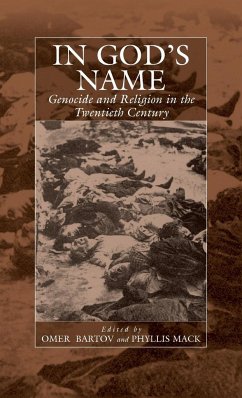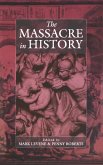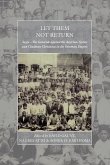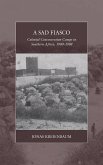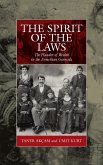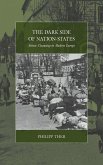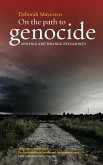Despite the widespread trends of secularization in the 20th century, religion has played an important role in several outbreaks of genocide since the First World War. And yet, not many scholars have looked either at the religious aspects of modern genocide, or at the manner in which religion has taken a position on mass killing. This collection of essays addresses this hiatus by examining the intersection between religion and state-organized murder in the cases of the Armenian, Jewish, Rwandan, and Bosnian genocides. Rather than a comprehensive overview, it offers a series of descrete, yet closely related case studies, that shed light on three fundamental aspects of this issue: the use of religion to legitimize and motivate genocide; the potential of religious faith to encourage physical and spiritual resistance to mass murder; and finally, the role of religion in coming to terms with the legacy of atrocity.
Hinweis: Dieser Artikel kann nur an eine deutsche Lieferadresse ausgeliefert werden.
Hinweis: Dieser Artikel kann nur an eine deutsche Lieferadresse ausgeliefert werden.

